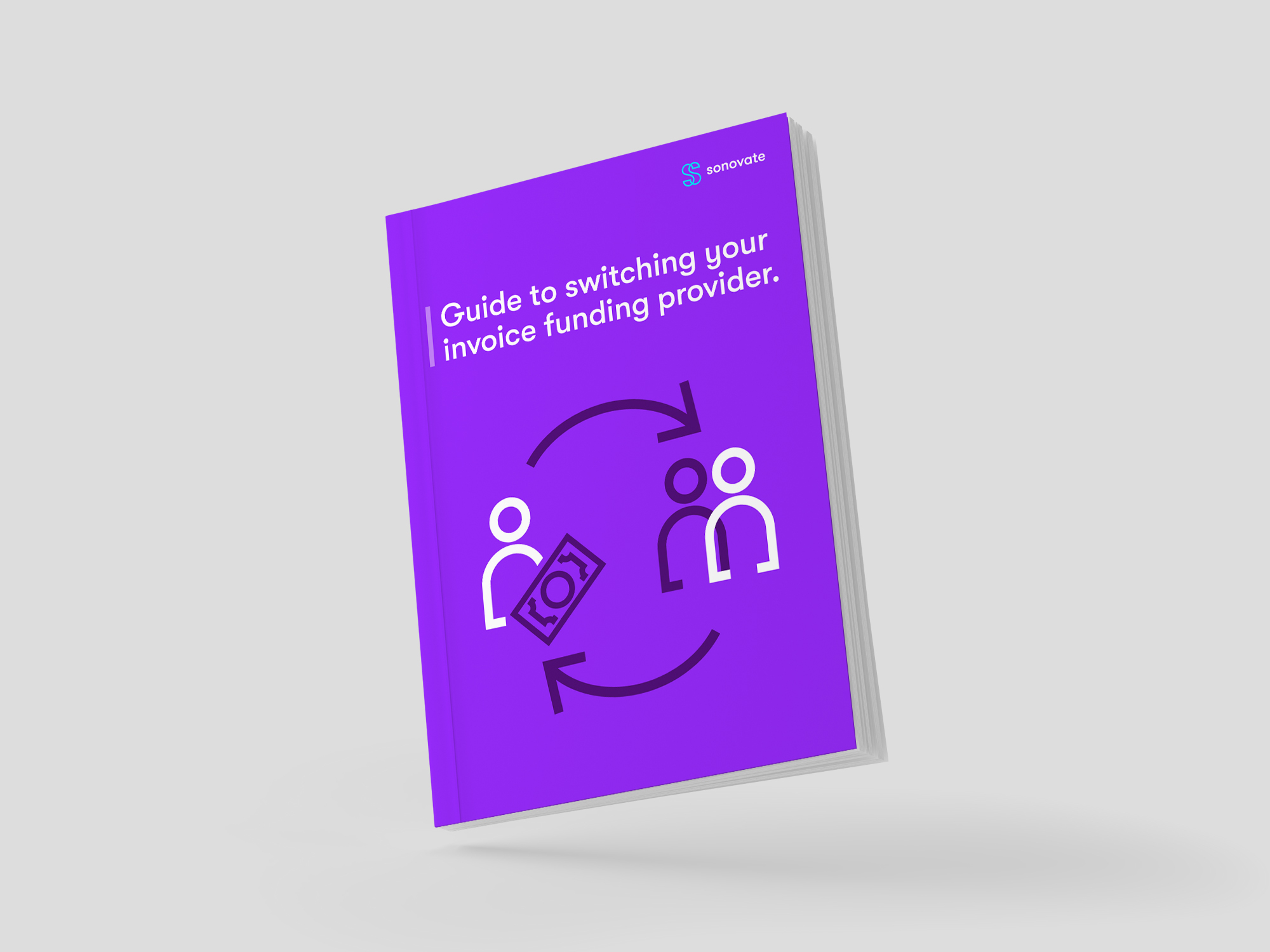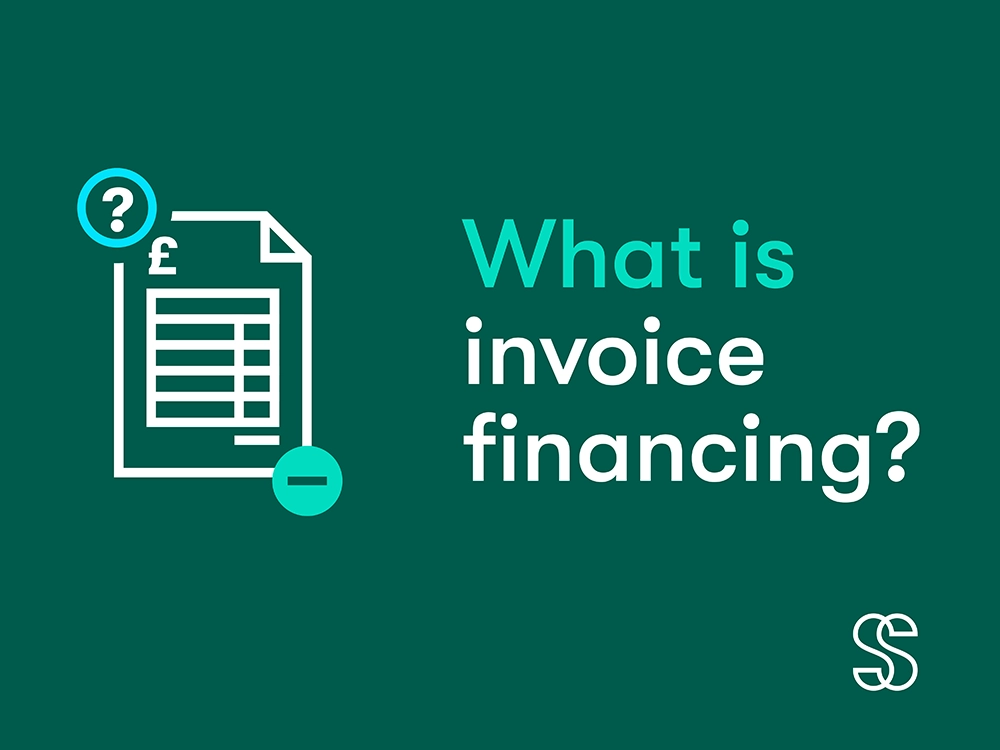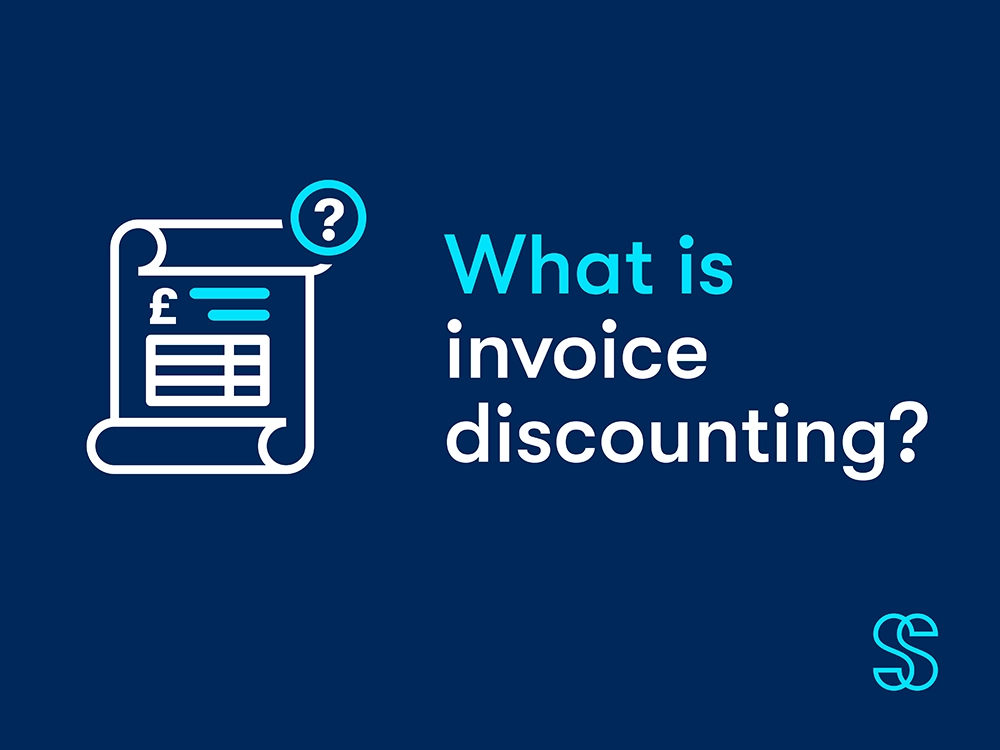How To Chase an Overdue Invoice
If you’re in the consultancy or recruitment game, chasing down an overdue invoice can feel like hunting a ghost in a maze. It’s not just a pesky nuisance; it’s a massive headache shared by small business owners and sizable enterprises.
According to a 2022 report, late payments cost small and medium-sized businesses (SMEs) in the UK £684 million each year. With some industries reporting as much as 80% of invoices not being paid within agreed terms, this is no longer a headline but a known pattern. Even the government has announced new supportive measures for SMEs to unlock an estimated £2.5 million each year, just through prompt payment. Outside the UK, the situation doesn’t look any better, with on-time payments in 2022 ranging from 15% in Bulgaria to 68% in Germany.
But why are these pesky overdue invoices popping up like mushrooms after rain? Despite all your precautions, some invoices might still be overdue. That’s where invoice financing, also known as invoice factoring, can play a crucial role.
This financial service allows businesses to sell their unpaid invoices to a third party at a discount. In exchange, they receive immediate funds, usually around 70 to 90% of the invoice value (with Sonovate, it’s up to 100%). This helps improve cash flow and provides immediate working capital, bridging the gap caused by late payments.
Still, there are a lot of details to figure out. Let’s take a look at this backstage office chaos and rummage through late payment reminders, legal action and best practices for timely payment.
The Growing Issue of Overdue Invoices in Contract Work
Picture this: You’re juggling payment options and debt collection for outstanding invoices while jousting with the latest overdue invoice reminder. Each unpaid invoice acts like a floating question mark, but overdue payment is like the stubborn youth rebel who refuses to leave the party. It just causes chaos for consultancies and recruitment agencies all around, impacting cash flow and credit control like a traffic jam in rush hour.
Why has the dreaded payment reminder become a common business routine? The reasons are as diverse as the clientele themselves. Some clients routinely delay payment as part of their financial strategy, while others face their own cash flow conundrums, creating a domino effect of partial and outstanding payments down the line. Furthermore, the lack of a standardised approach to the payment process adds another layer of complexity to this issue.
Contract work, by its very nature, introduces a level of ambiguity. The dynamic nature of projects, shifting priorities and evolving scopes of work can blur the lines, leading to misunderstandings or disputes over the original invoice. Changes in project requirements, deliverables, or timelines can create discrepancies between what was initially agreed upon and the final invoice amount. The absence of standardised billing practices in the contract work landscape can further exacerbate these issues, increasing the likelihood of legal action.
Navigating through this labyrinth of overdue invoices demands a strategic approach. It’s not just about hunting down late payments; it’s about implementing robust systems, fostering transparent communication and advocating for a cultural shift where a timely invoice payment is the norm rather than the exception.
How Can You Prevent a Past Due Invoice in the First Place?
Imagine your business as a fortress, built to repel the invasion of overdue invoices. But unlike a castle, it’s not just walls and moats; it’s a strategic arsenal of best practices that shield you from invoicing chaos and possibly even the cost of legal advice. Here’s your blueprint:
- Crystal-clear payment terms: Craft payment terms that everyone can understand. Outline payment due dates, methods and any penalties for late payments. Clarity is your best friend here.
- Streamlined invoicing system: A sleek, efficient invoicing system is your trusted steed. Automate where possible, set up reminders and ensure invoices go out promptly. Efficiency here will save you stress and headaches later, ensuring invoices reach their destination right on time.
- Customer handles own credit control (CHOCC): With Sonovate, you still have the option to collect payments yourself or to pass the process onto us. Whether you’ll want to put everything on autopilot or stay in control of the details, we’ll let you fine-tune your process.
- Fostering robust client relationships: Strong relationships will prove most valuable when your business is under fire. Communicate openly, nurture trust and establish mutual respect. A client who values the relationship is more likely to honour their payment commitments.
Best Practices in Cash Flow and Debt Management
Cash flow — it’s the lifeline of any business, the financial heartbeat of your operations. But of course, cash flow management requires more than putting a post-it with a cartoon money bag on your desk. Equally, invoicing isn’t just about sending a bill; it’s a strategy. The better you understand and fine-tune it, the more success your business will have.
Imagine a stranger on the street asking you for a simple favour. Maybe they saw your watch and would like to know the time. But, instead of being straightforward about it, they go on and on, speaking in riddles about the earth’s chronology. You’d probably end up frustrated and walk away, right?
Well, that’s what unclear invoice terms can do to your customers. When payment requests resemble a labyrinth of unclear terms and tangled language, it’s like asking them to navigate a maze just to understand how to pay. Clear payment terms, on the other hand? They’re like a direct request for the time. Simple, straightforward and easy to fulfil without unnecessary confusion or frustration.
By the way, in case you feel like you’re “dumbing it down” because you happen to enjoy invoicing details: Just remember that clarity equals cash, so every nebulous phrase will ultimately hurt both parties. Your client will be annoyed, and you may not get paid on time. It’s that simple.
Prompt and accurate invoices ensure that your client still remembers the transaction and can quickly act, allowing you to break that nasty domino effect of delayed invoice payments.
Speaking of which, if your business is part of an endless chain of unpredictable payments, forecasting and budgeting can start to feel like gazing into a crystal ball. Fun at the fair, but not in an office. If you’re running a business, you want to predict those cash flow bumps and invoice delays before they become mountains. Why? Because anticipation is your best bet when it comes to dodging delays.
We’ll give you another antidote against unpaid invoices, free of charge: Ditch the legal jargon and keep your legal references to a necessary minimum. Remember, you’re already asking a stranger for something. You may have done them a great service earlier, but you’re still asking for money. Don’t put any obstacles in the way by trying to impress them with unnecessary legalese about business agreements. Do unto others…
Also, remember to clearly outline the late payment fee and other consequences of clients missing a payment deadline. Don’t think of this as putting pressure on procrastinators. Rather, it’s your opportunity to demonstrate you realise life can be hectic and bills can end up forgotten in a drawer. You’re just delivering another service enabling your customers to stick to their commitments.
The same mindset applies to negotiating favourable terms. While aiming for immediate payment for your business, you should also be open to discussions and compromises. Flexibility doesn’t mean giving away the farm, but finding mutually beneficial solutions. If a payment plan keeps a regular customer happy, it’s often better to put yourself in their shoes.
Meanwhile, always emphasise the value you bring and highlight the quality of your services or products. If you understand your own costs, industry standards and market value, it’ll be tough to undervalue your work.
With deadlines as with terms, it’s all about setting clear boundaries. Defining what’s negotiable and what isn’t streamlines the discussion and avoids unnecessary back-and-forths. If you initiate these talks before the project even starts, it sets the right expectations and avoids surprises, a.k.a. delayed invoices.
Now, debt management policies. You need a rock-solid plan. Overdue payments? Cue the escalation music. Interest charges? A little sweetener to make it more enticing. Legal actions? Sometimes necessary, but let’s keep it as a Plan Z. Consistency and fairness win the game here. You should enforce those rules if necessary to protect your own business, but never forget the human touch. After all, relationships are just as valuable as payments.
How Sonovate Can Help Secure Your Cash Flow
So, you’ve armed yourself with strategies, but the chase for invoices still feels like a high-stakes battle? Cue the drumroll: Sonovate Is your ally. Consider it your savant partner, bridging payment gaps and ensuring your peace of mind.
We help you play smart. We help you play fair. And when the chase gets tough, Sonovate is your financial wingman.
Are you ready to transform those overdue invoices into lightning-fast transactions? Reach out to our team and level up your invoicing game!
Download key takeaways as an infographic here.





